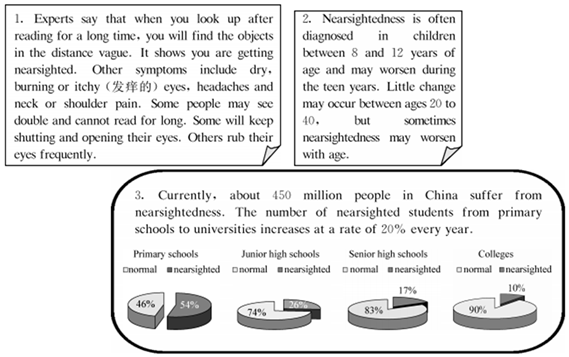题目内容
7.When a whole culture ______an upward look,incredible things can be accomplished.( )| A. | acquires | B. | adapts | C. | achieves | D. | adopts |
分析 当一种文化从整体上采取积极向上的态度时,不可思议的事情也能变成现实.
解答 答案是D.本题考查动词词义辨析.A项表示"获得";B项表示"适应,改编";C项表示"取得,实现";D项表示"采纳,领养";根据句意,"采用"取积极向上的态度,所以答案选择D项,其它选项不符合逻辑.
点评 本题考查动词词义辨析,考生在平时的学习中应注意积累相应的词汇和搭配,并牢记其意思.在做题时,将词义和题干相结合,从语法、句子结构尤其是句意上去判断,句意通顺,符合逻辑,即正确答案.

练习册系列答案
相关题目
2.Usually a meteorological observatory (气象台) _____ air quality in urban areas from one to five:excellent,fairly good,slightly polluted,poor,and dangerous.( )
| A. | identifies | B. | purifies | C. | classifies | D. | clarifies |
12.We are all proud of the great progress that we have ____ in science and technology.( )
| A. | made | B. | took | C. | brought | D. | caught |
19.A ______ has been launched (发起) by the netzens on the Net to ______ unhealthy information which does harm to young students.( )
| A. | struggle; rid of | B. | campaign; get rid of | ||
| C. | battle; rid of | D. | fight; get rid of |
